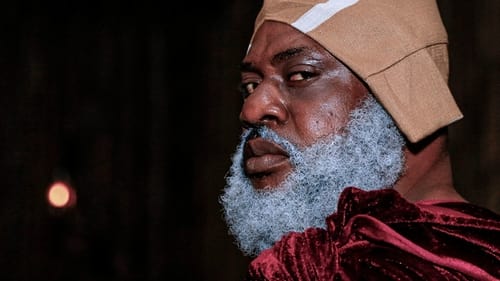
Director of Photography
Inspired by true life events, in the Oyo Empire in the 1940's, Elesin Oba, the king's chief horseman, succumbs to the lure of beauty and sexual desire on the very evening he is set to die in order to fulfil his lifelong debt of ritual suicide to accompany the dead Alaafin to the realm of the ancestors, he derails from a very important generational and spiritual transaction. This sets in motion a series of catastrophic consequences, in a spell-binding film of emotions, humour, and tragic role reversals that puts ancient beliefs and customs on trial in an ever increasingly post-modern and Western world.

Cinematography
Samuel forsakes his harsh religious upbringing to live his own life — but his soul remains caught between the world and the faith he left behind.
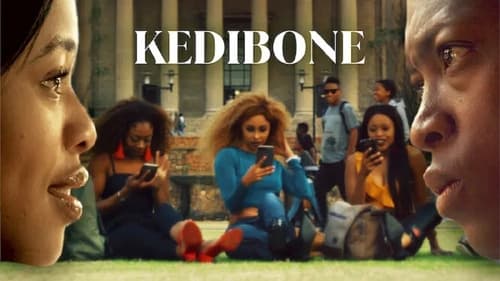
Cinematography
An exotically beautiful Sotho actress, Kedibone Manamela, chooses to live her youth on the fast lane. Veiled from her loyal childhood boyfriend's eyes, she bounces between being a good girl in the township and the 'it' girl on the high end of Johannesburg streets. A dark threat looms over the day when the news of Kedibone's escapades reaches the young man.
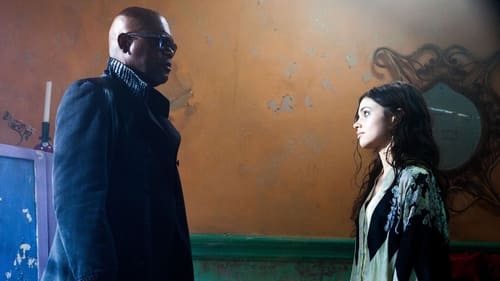
Director of Photography
金融危機により崩壊した近未来。幼いときに犯罪組織に両親を殺された少女サワ。父の相棒だった刑事アカイに育てられ、殺しのテクニックを仕込まれていく。そして娼婦に成りすますと、組織の男たちを一人ずつ消していき、最終的なターゲットであるボスのエミールへと近づいていくサワだった。
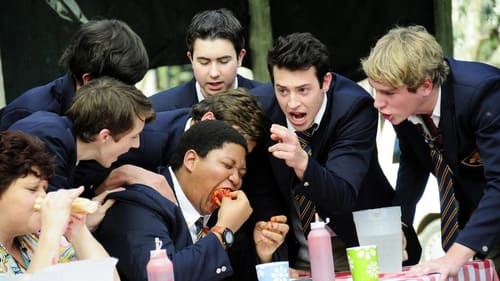
Director of Photography
The year is 1991, and Spud Milton's long walk to manhood is still creeping along at an unnervingly slow pace. Approaching the ripe old age of fifteen and still no signs of the much anticipated ball-drop, Spud is coming to terms with the fact that he may well be a freak of nature. With a mother hell-bent on emigrating, a father making a killing out of selling homemade moonshine, and a demented grandmother called Wombat, the new year seems to offer little except extreme embarrassment and more mortifying Milton madness. But Spud is returning to a boarding school where he is no longer the youngest or the smallest. His dormitory mates, known as the Crazy Eight, have an unusual new member and his house has a new clutch of first years (the Normal Seven). If Spud thinks his second year will be a breeze, however, he is seriously mistaken.

Director of Photography
Elelwani is a young university-educated woman who has been brought up in an environment steeped in tradition. Her parents have promised her hand in marriage to the Vendaking and, as a dutiful daughter, she wants to obey their wishes. But in order to fulfil her promise, Elelwani must abandon her dreams of travel, further education and – most importantly – her commitment to her one true love.
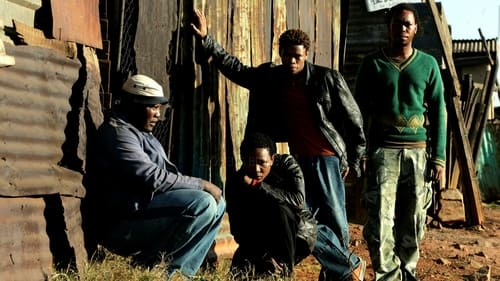
Director of Photography
南アフリカ、ヨハネスブルクのスラム街に暮らすツォツィ(プレスリー・チュウェンヤガエー)は、仲間とつるんで窃盗やカージャックを繰り返していた。ある日、高級住宅街にやってきた彼は車を運転していた女性を撃って逃走。やがて、強奪した車の後部座席に生後間もない赤ん坊がいることに気づいたツォツィは、赤ん坊を紙袋に入れて自分の部屋に連れ帰るが……。
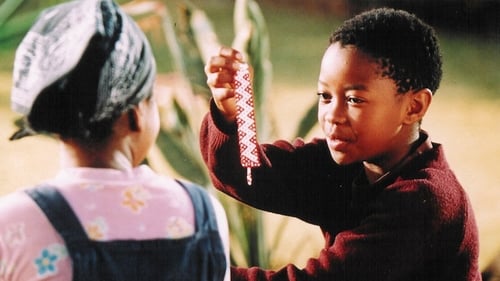
Cinematography
Young Musa is orphaned after a mysterious illness strikes his village in KwaZulu Natal. To help his grandmother, Musa sets out for Johannesburg with his father's last gift, a tribal drum, in search of work and his uncle. The journey confronts him with the stark realities of urban life, but his indomitable spirit never wavers; he returns with a truth and understanding his elders have failed to grasp.

Director of Photography
Sol Plaatje was a politician, novelist, historian, musician, translator of Shakespeare into vernacular language, and founder member of what was to become the African National Congress. In 1924, a visionary South African, Sol Plaatje, set out to bring the wonders of cinema to the community. Brandishing a few educational 16mm films under his arm, Plaatje arrives in a dusty, Blacks-only township in the Western Transvaal. He is looking for a venue which can be set up as a bioscope. Things do not seem promising, but Plaatje is first befriended by a helpful young boy. And then, despite prevailing apartheid obstacles, a room is found. The township community is excited and set to be overawed by the new celluloid world about to unfold before them.

Director
Sol Plaatje was a politician, novelist, historian, musician, translator of Shakespeare into vernacular language, and founder member of what was to become the African National Congress. In 1924, a visionary South African, Sol Plaatje, set out to bring the wonders of cinema to the community. Brandishing a few educational 16mm films under his arm, Plaatje arrives in a dusty, Blacks-only township in the Western Transvaal. He is looking for a venue which can be set up as a bioscope. Things do not seem promising, but Plaatje is first befriended by a helpful young boy. And then, despite prevailing apartheid obstacles, a room is found. The township community is excited and set to be overawed by the new celluloid world about to unfold before them.









